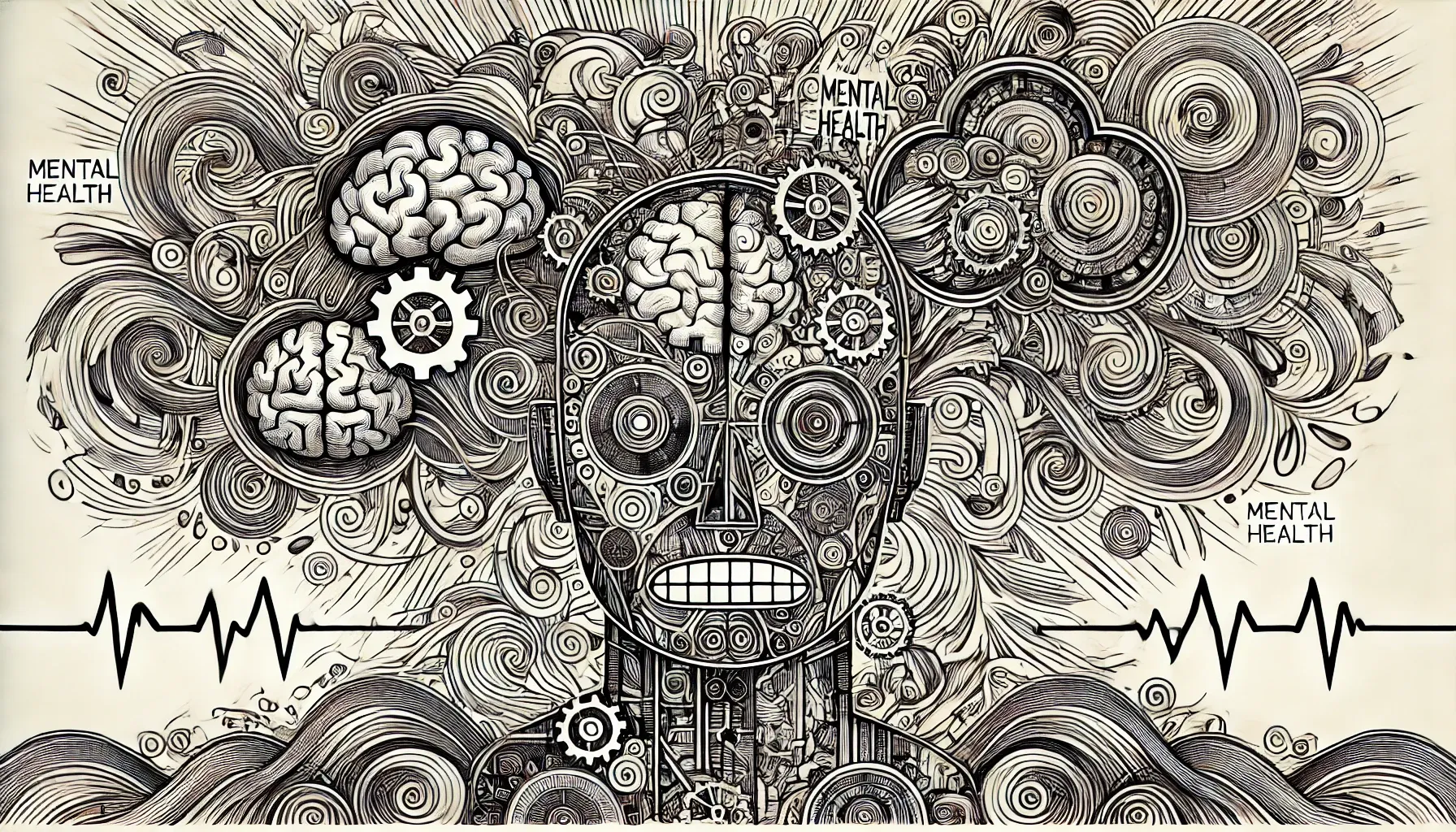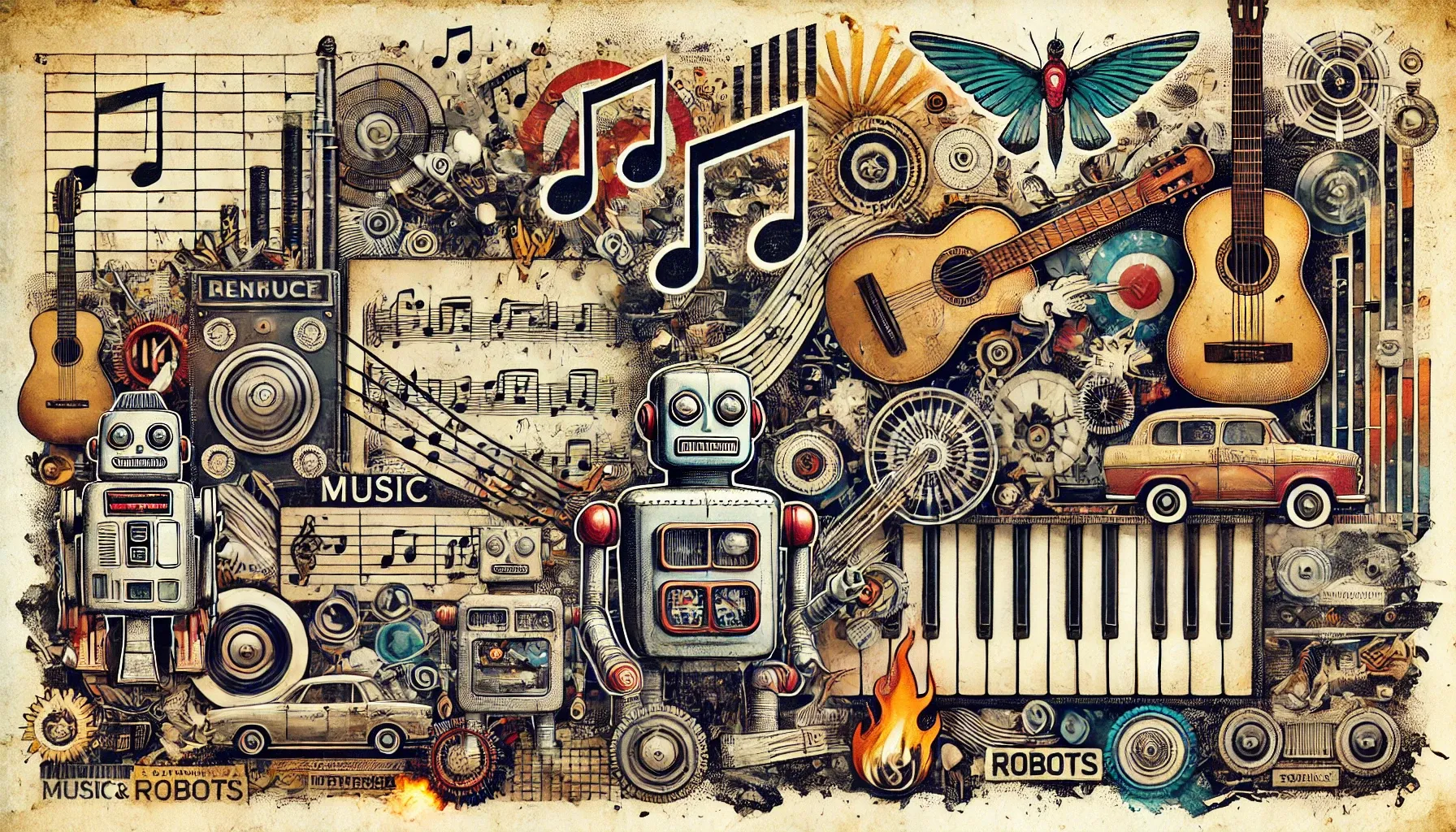AI in Mental Health: 6 Benefits and 5 Boundaries to Know
Explore the impact of AI on mental health with 6 key benefits and 5 important boundaries to consider for 2024.

Understanding AI in Mental Health

AI applications in mental health are diverse and innovative. Machine learning algorithms analyze vast amounts of data to identify patterns and potential indicators of mental health disorders. This capability extends to natural language processing (NLP) techniques, which interpret and respond to user input in therapy apps, providing immediate feedback and emotional support.
Moreover, predictive analytics can forecast potential mental health crises by evaluating historical data, enabling early intervention. These advancements aim to enhance the quality of care and bridge gaps in traditional services, especially in under-resourced areas.
Common Misconceptions
A prevalent misconception is that AI could completely replace human mental health professionals. This is far from reality. AI tools are designed to augment, not substitute, the human touch that is vital in therapeutic settings. While AI can handle tasks like initial screenings, ongoing monitoring, and crisis intervention planning, the nuanced understanding and empathetic interaction provided by trained professionals remain irreplaceable.
Another fallacy is that AI-driven mental health solutions are inherently biased and therefore untrustworthy. While it is true that initial models may inherit biases from their training datasets, continuously improving these systems through rigorous testing, diverse data sets, and regulatory oversight can mitigate these issues.
How is AI Being Used for Mental Health
- Diagnostic Support: AI algorithms provide clinicians with insights derived from large datasets, ensuring more accurate diagnoses. AI can analyze data much faster than humans, providing timely insights that can hasten diagnosis and treatment.
- Personalized Treatment Plans: By analyzing individual data, AI assists in crafting customized treatment programs tailored to each patient's specific needs. AI ensures that treatment plans are highly personalized, addressing the unique needs of each patient.
- Continuous Monitoring: Wearable devices and applications powered by AI can monitor patients' mental health status in real-time, offering a continuum of care that transcends traditional appointment-based systems. Automated systems ensure consistent monitoring and feedback, key to managing conditions like depression or anxiety.
- Therapeutic Chatbots: AI-powered chatbots provide immediate, 24/7 support for individuals in distress, effectively expanding access to mental health services. AI-driven tools democratize access to mental health services, particularly in remote areas where traditional resources are scarce.
- Efficiency in Care Delivery: AI streamlines various administrative tasks, reducing the burden on healthcare professionals and allowing them to focus more on direct patient care. AI increases the efficiency of care delivery, ensuring that mental health professionals can dedicate more time to patient interaction.
- Predictive Analytics: AI can forecast potential mental health crises by evaluating historical data, enabling early intervention and prevention. Early detection and intervention can significantly improve patient outcomes by addressing issues before they escalate.

The Boundaries of AI in Mental Health
Data Privacy Concerns
The integration of AI in mental health raises significant concerns around the confidentiality and security of sensitive patient information. For example, data breaches in AI systems could expose personal mental health records, leading to a loss of trust in these technologies.
Bias in AI Models
If AI models are trained on non-representative datasets, they may offer skewed results, potentially leading to misdiagnosis or inappropriate treatment recommendations. An example is an AI system trained predominantly on data from one demographic, which might not accurately diagnose mental health conditions in individuals from other demographics.
Lack of Human Nuance
The absence of human nuance in AI therapy could lead to misunderstandings or the inability to provide holistic support. For instance, AI might not fully grasp the context of a patient's life circumstances, which a human therapist would consider when providing care.
Resistance to Adoption
Mental health professionals may resist adopting AI due to a lack of awareness and training. This resistance can be seen in settings where traditional methods are deeply ingrained, and there is skepticism about the effectiveness of AI tools.
Funding Constraints
Limited funding in mental health care can hinder the prioritization and development of AI initiatives. For example, healthcare systems with tight budgets might prioritize immediate clinical needs over investing in new AI technologies.
It is often believed that AI technology in mental health lacks the emotional intelligence required to offer meaningful support. While it is true that AI cannot replicate human empathy, viewing AI as a complementary tool rather than a competitor illuminates its true potential. AI-driven mental health technology can perform preliminary assessments, recognize patterns that might escape human notice, and offer immediate support—functions that significantly ease the burdens on human practitioners.
By adopting AI as an ally in mental health care, we can enhance the effectiveness of human professionals, allowing them to focus more on the interpersonal aspects of therapy that machines cannot replicate. The key takeaway is that AI should not be seen as an intruder in mental health care but as a powerful collaborator capable of expanding the reach and efficacy of traditional therapies.
AI in mental health offers significant benefits, including personalized treatment plans, accessibility, efficiency in diagnosis, improved patient engagement, and enhanced education and training. However, it also faces challenges such as bias in datasets, subjective judgment in diagnosis, resistance to adoption, funding constraints, and the need for transparency and trust. By addressing these boundaries, the potential of AI in mental health can be fully realized, leading to improved outcomes and better care for patients.
References
- Pew Research Center. (2018, December 10). Improvements ahead: How humans and AI might evolve together. Retrieved from Pew Research
- Forbes. (2023, July 6). AI in mental health: Opportunities and challenges in developing intelligent digital therapies. Retrieved from Forbes
- NCBI. (n.d.). The adoption of AI in mental health care–perspectives from. Retrieved from NCBI
- ITRex Group. (n.d.). AI in mental health - examples, benefits & trends. Retrieved from ITRex Group
- NCBI. (n.d.). Artificial intelligence in healthcare: transforming the practice. Retrieved from NCBI























